From blooming silvopastoral sites in Tunisia, to windbreak innovations on the dry, windy plateau of Konya in Türkiye, to Morocco's pioneering carob–argan agroforestry platforms, each visit revealed specific socio-technical innovations, strong partnerships, and a shared determination to tackle land degradation through restoration and regenerative practices.
These encounters have also been of great importance for communication and organization among partners. The visits provided an opportunity for rich discussions that helped frame the work of the project's different tasks and develop a coordination strategy both within the consortium and between partners and local stakeholders.
Tunisia – February & April 2025
In the first months of the year, TransforMed partners visited Tunisia twice, joining local colleagues for vibrant weeks of collaboration, field exploration, and strategic planning. Meetings with public institutions, agricultural stakeholders, and community representatives helped align next steps while showcasing the tangible results of restoration work on the ground.
Field visits included the three restoration sites where new tree and shrub plantations are thriving, supported by grazing calendars that protect the land while sustaining herders' livelihoods. A highlight was the visit at the Chahada lighthouse site in Zaghouan, a great example of collaboration between research (ICARDA), public land authorities (Direction Générale des Forêts), and farmers' organizations (Groupements de Développement Agricole) for the promotion of regerative grazing management.
It was a great opportunity to meet the Association CAPTE who has recently joined the consortium. Their team guide the group to agroforestry initiatives close to Kef and Siliana. There, partners witnessed great application of soil restauration practices through trees planting. Moreover, some farms highlighted examples of efficient and complex farm systems within a viable productive approach.
Türkiye – May 2025
In May project partners have visited Türkiye's Konya region to meet farmers, communities, and institutions committed to restoring land and building climate resilience. Located on a plateau over 1,000 meters high, with just 250–300 mm of annual rainfall, the region faces a harsh climate marked by wind erosion, water scarcity, and prolonged drought. These challenges make windbreak hedgerows, afforestation, and sustainable silvopastoral practices essential tools for safeguarding soils, improving biodiversity, and supporting rural livelihoods.
Across multiple visits, the team explored the lighthouse (Altinova TIGEM farm) with historic windbreak systems established in the 1960s and new afforestation plots and community-led initiatives. Farmers like Mustapha in Damlakuyu are building on decades of experience, expanding drought‑resistant windbreaks and experimenting with multi‑strata hedges for greater land protection. In Böğrüdelik and Burunoba villages, residents expressed strong interest in joining restoration trials, with women actively leading efforts to develop aromatic crops such as thyme and lavender into forested areas, creating inclusive opportunities alongside environmental benefits.
Engagements with the Altınova TİGEM Lighthouse Farm, the Konya Forest Nursery, and the General Directorate of Forests deepened the exchange of technical knowledge, including species selection for arid steppes, biomass production, and large‑scale land management models for a broader implementation of land restoration strategies.
Morocco – June 2025
Last June, several project partners gathered in the Essaouira region of Morocco for an enriching field mission combining practical exploration and policy dialogue. Guided by ANDZOA and AGENDA, the team visited the Argan lighthouse plots and the newly established Agroforestry Platform, a demonstration site for plantation trials. Current trials integrate cactus pear and capers with argan trees, testing their environmental, economic, and social performance in dryland conditions.
The mission continued in Agadir with a stakeholder workshop led by the University of Évora as part of the "Enabling Policies for AFS Adoption" task. Policymakers, researchers, and practitioners came together to share perspectives, identify gaps, and chart opportunities for stronger agroforestry governance. Discussions highlighted the critical contribution of agroforestry to carbon sequestration and climate change mitigation, the need for greater coordination among organisations, and the importance of building the technical and administrative capacities of farmers and associations.
These combined commitments on the ground and at the political level have strengthened the shared commitment to developing agroforestry in Morocco. Discussions during the visit highlighted how, by combining practical innovations on the ground with strategic frameworks, agroforestry could be scaled up.
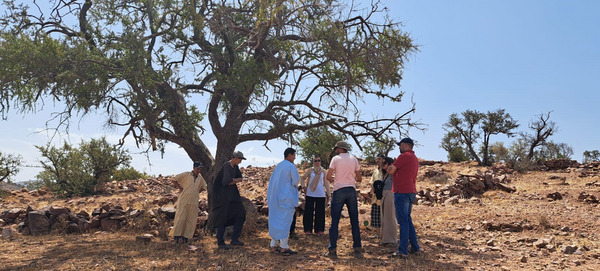
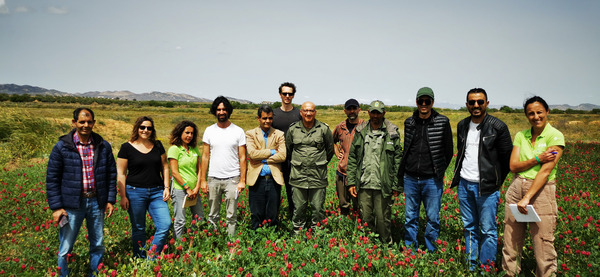
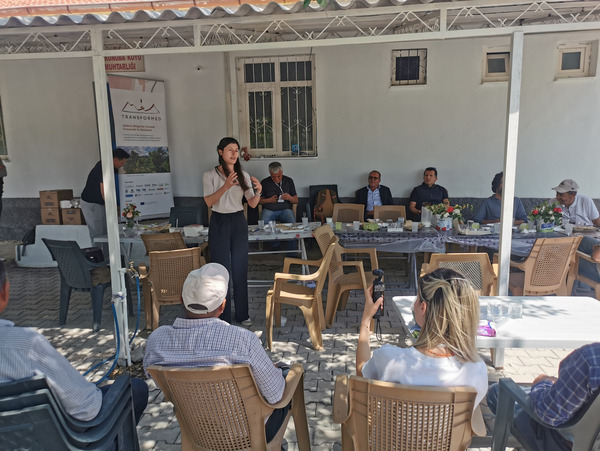
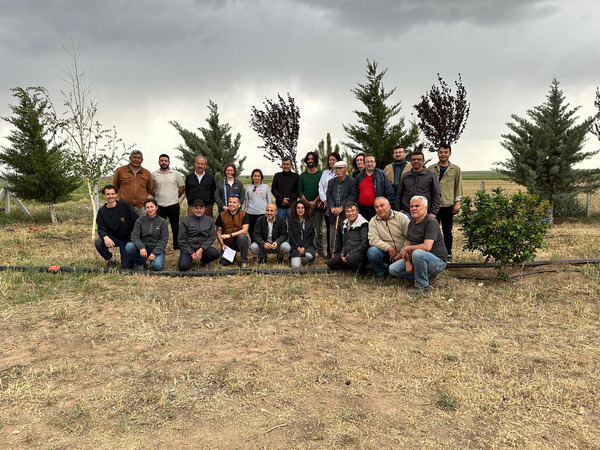
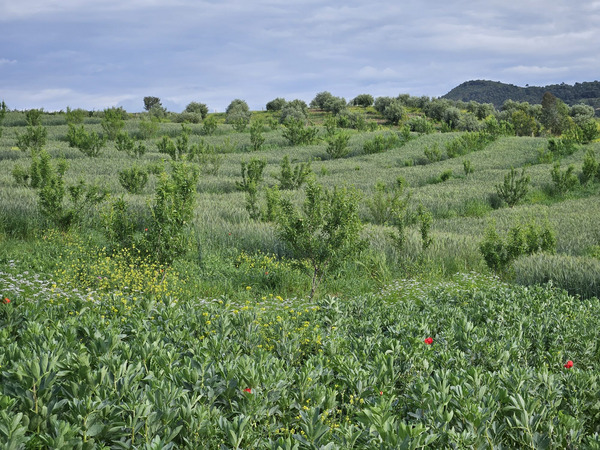





 tap and then scroll down to the Add to Home Screen command.
tap and then scroll down to the Add to Home Screen command.